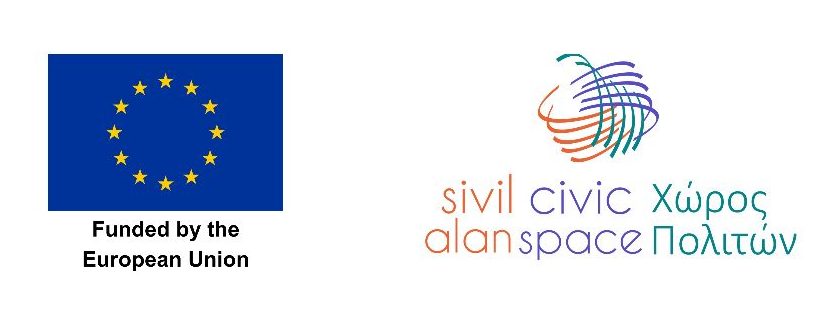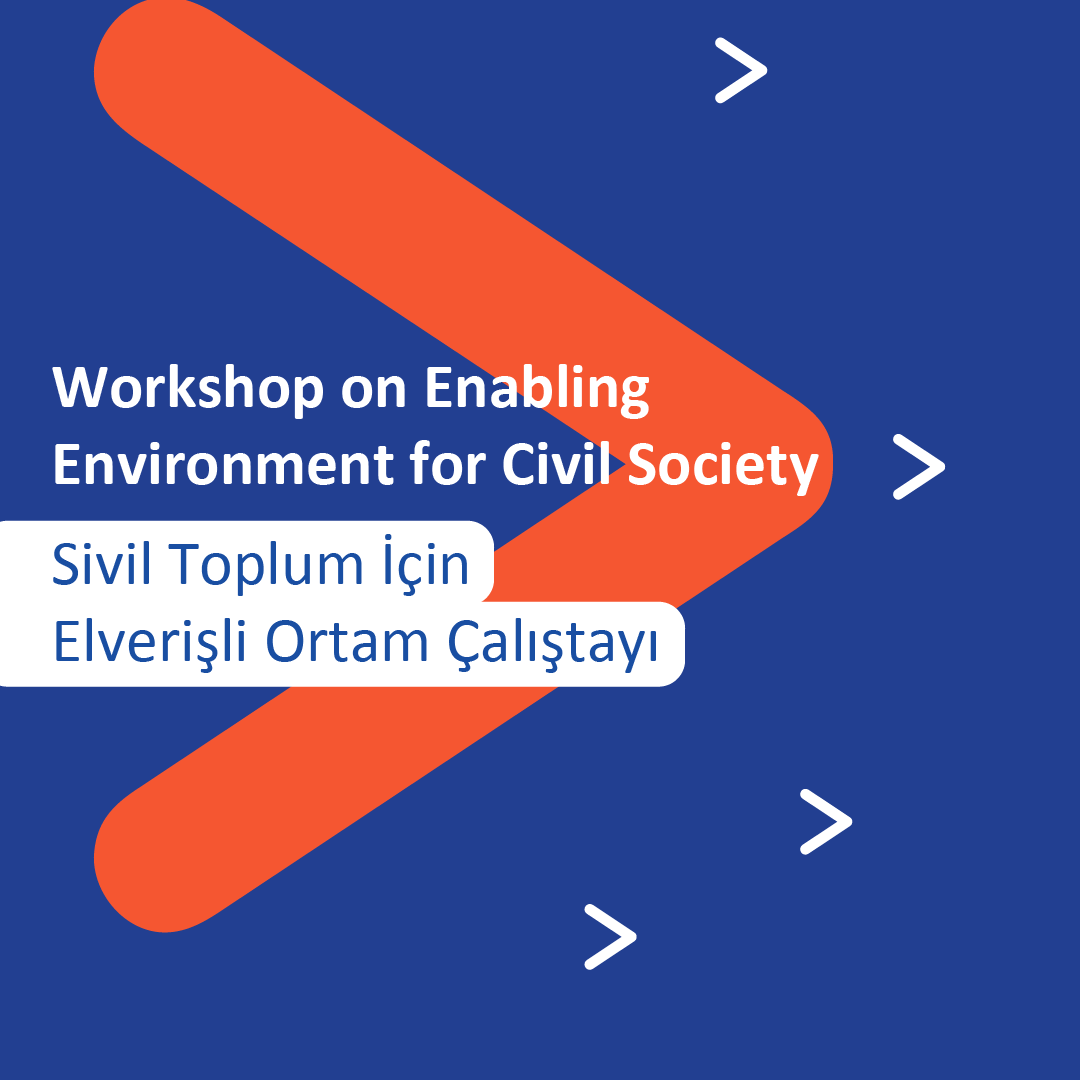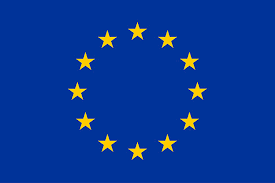Civic Space held various joint events on the 27, 28, and 29th of June to discuss the steps to improve the civil society enabling environment in cooperation with the Civil Society Initiative Association (SITI), the Human Rights Platform, and the European Union Coordination Centre.
The events focused on consulting on the needs and challenges of civil society organisations and local bodies for better implementation of the freedom of association and developing mechanisms for the participation of CSOs in decision-making processes.
Before the events, SITI circulated an electronic survey among a large group of CSOs to understand the current challenges the CSOs are facing. Fifty-three organisations have responded, stating the need to develop some tools on which Civic Space is currently working: a draft Guideline for implementing the legal text on associations and draft Standards for participation in decision-making.
Consultation workshop of CSOs:
The workshop took place on the 27th of June. SITI has presented the survey's key findings (Click here for the outcomes of the survey). And introduced the draft civil society strategy. The strategy aims to create favourable conditions for the development of active, independent, and sustainable CSOs and to promote partnerships between CSOs and the local bodies at the global and local levels. Expert Luben Panov from European Centre for Not-for-Profit Law presented a model standard for civil participation in decision-making developed by the Civic Space experts’ team. The standards cover four types of participation as stated in the Council of Europe Guidelines: information, consultation, dialogue, and active involvement. The workshop allowed collecting feedback and suggestions on the three documents presented.
Joint working group:
The joint working group, which did not have the opportunity to meet since the pandemic, held a meeting on the 28th of June 2022. The joint working group was established in 2016 to support the reform and improve the implementation of the overall enabling environment for civil society in the northern part of Cyprus. The group members are the EVKAF, local bodies in charge of interior and finance, the statistic institute, Civic Space, European Coordination Centre, SITI, and Human Rights Platform. The meeting focused on discussing the survey results and the challenges faced by CSOs and the local bodies. The participants confirmed the need for a Guideline to facilitate the implementation of the legal text on associations. The expert Luben Panov has presented the international standards for participation in decision-making and the idea to develop local standards that CSOs and local bodies can experiment them in a near future. The working group members were informed that to ensure sustainability and local ownership, the Human Rights Platform has taken over the responsibility of organising the next joint working group meetings. The participants agreed to meet next September to discuss the draft of the legal text on associations Guideline.
District officers meeting:
The European Union Coordination Centre, Civic Space, SITI and Human Rights Platform have co-organized a workshop on the 29th of June 2022 with the district heads and officers to present to them the idea of developing a Guideline for implementing the legal text on associations. Firstly, SITI introduced them to the problems CSOs face, as shown by the survey conducted in March 2022. The expert Luben Panov presented the international standards for freedom of association, focusing on the implementation of legislation and the guiding principles of the Office for Democratic Institutions and Human Rights and the Venice Commission, including the presumption in favour of lawful formation and activities of associations. In addition, the expert emphasized that authorities should ensure requirements are not to be too burdensome and the information concerning the procedures shall be easy to understand. The expert Emete İmge presented the structure of the Guideline and the key issues to be included there. Some of the problems that were listed were the lack of templates for various documents that CSOs need to submit, the lengthy registration process, and the lack of guidance for CSOs on what they have to offer to the registration offices.
Registration officers shared some of the problems they face, such as the limited staff they have or the fact that they need to send the registration documents to the local body responsible for interior and, from there – to the ‘prosecutor's office’, which leads to the risk of delay in registration. Some questions that may be important to include in the Guideline are when registry officers need to send the documents to the local body in charge of the interior or the ‘prosecutor's office’ and when they can make the decision themselves. Also, there was a suggestion to include information on how to organise general assemblies and how to take minutes from those.
There was a general agreement that developing a Guideline is needed, and registration officers are ready to support the process.





